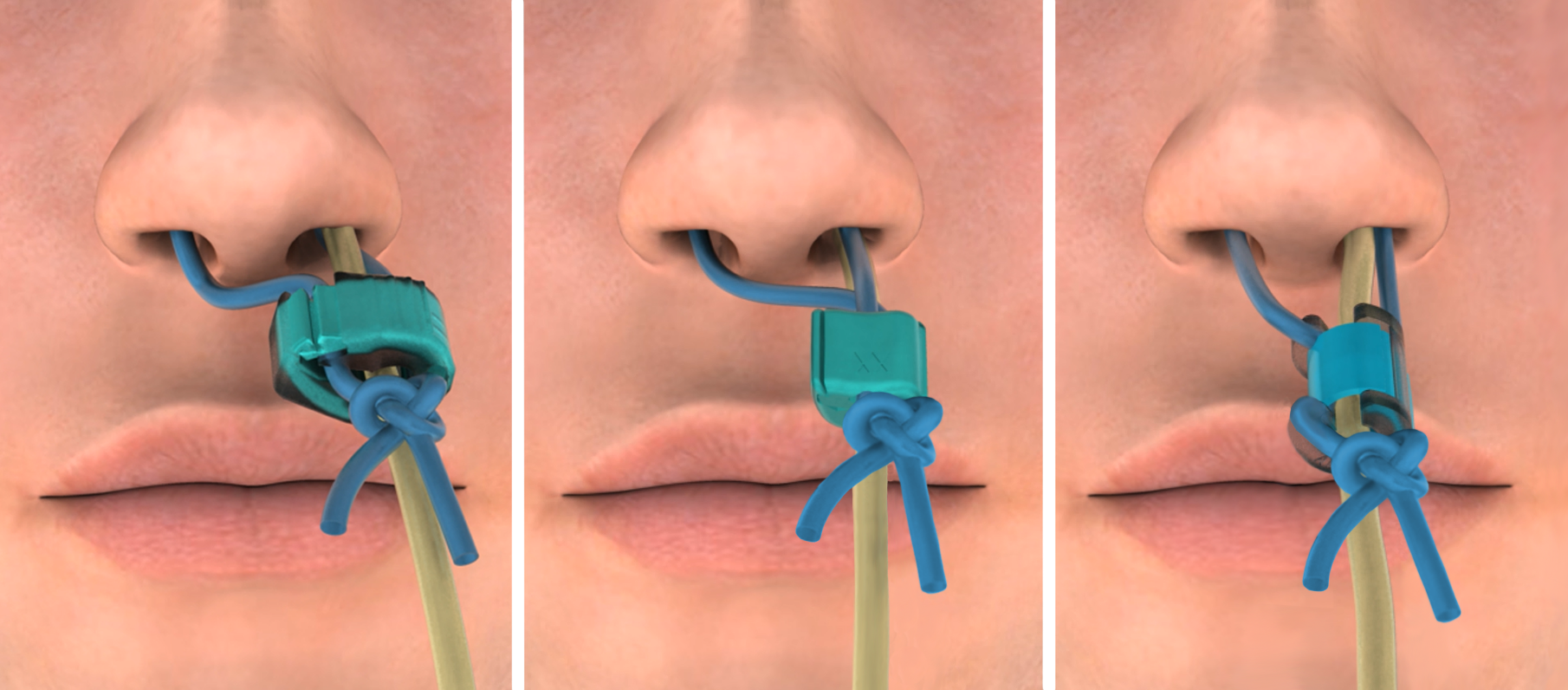
Image Source: Google
Medical innovations have always played a crucial role in improving healthcare and enhancing the quality of life for individuals. With the rapid advancements in technology and the increasing demand for more efficient and effective healthcare solutions, medical innovations have become even more important.
These innovations have revolutionized healthcare in numerous ways, providing better treatment options, increasing accessibility, and improving patient outcomes. If you are looking for the best bridle medical then you should pop over this link.
One of the most significant contributions of medical innovations is the development of new treatment options. Innovative technologies and procedures have allowed healthcare professionals to effectively treat diseases and conditions that were once considered untreatable or incurable.
For example, the advent of minimally invasive surgery techniques has revolutionized the field of surgery, allowing for shorter recovery times, reduced pain, and improved surgical outcomes. Similarly, the development of targeted therapies and personalized medicine has transformed the way we approach the treatment of cancer and other diseases.
Medical innovations have also played a crucial role in increasing accessibility to healthcare services. In the past, individuals living in remote or underserved areas often faced difficulties in accessing healthcare. However, with the introduction of telemedicine and remote monitoring technologies, healthcare services can now be accessed from anywhere in the world.
This has been particularly beneficial for individuals living in rural or underserved areas who may not have easy access to healthcare facilities. Telemedicine allows patients to consult with healthcare professionals remotely, reducing the need for travel and making healthcare more accessible and convenient.
Furthermore, medical innovations have helped in improving patient outcomes and reducing healthcare costs. The development of electronic health records (EHRs) has significantly improved the coordination and management of patient care. EHRs allow healthcare professionals to access and share patient information easily, leading to more efficient and informed decision-making. This not only improves patient safety but also reduces the risk of medical errors and unnecessary tests or procedures.
Medical innovations have also brought about significant advancements in preventive medicine and early disease detection. Through the development of diagnostic tools and screening technologies, healthcare professionals can now detect diseases at an early stage, when they are more treatable.
For example, advanced imaging technologies such as MRI and CT scans allow for the early detection of cancer, resulting in higher survival rates and better treatment outcomes. Similarly, genetic testing and molecular diagnostics have revolutionized the field of genetics and personalized medicine, enabling healthcare professionals to identify individuals at a higher risk of developing certain diseases and tailor treatment plans accordingly.
In conclusion, medical innovations have revolutionized healthcare in numerous ways, providing better treatment options, increasing accessibility, improving patient outcomes, and reducing healthcare costs. As technology continues to advance, we will likely witness even more groundbreaking innovations in the field of healthcare. These innovations have the potential to transform healthcare on a global scale, ensuring a better future for individuals around the world.